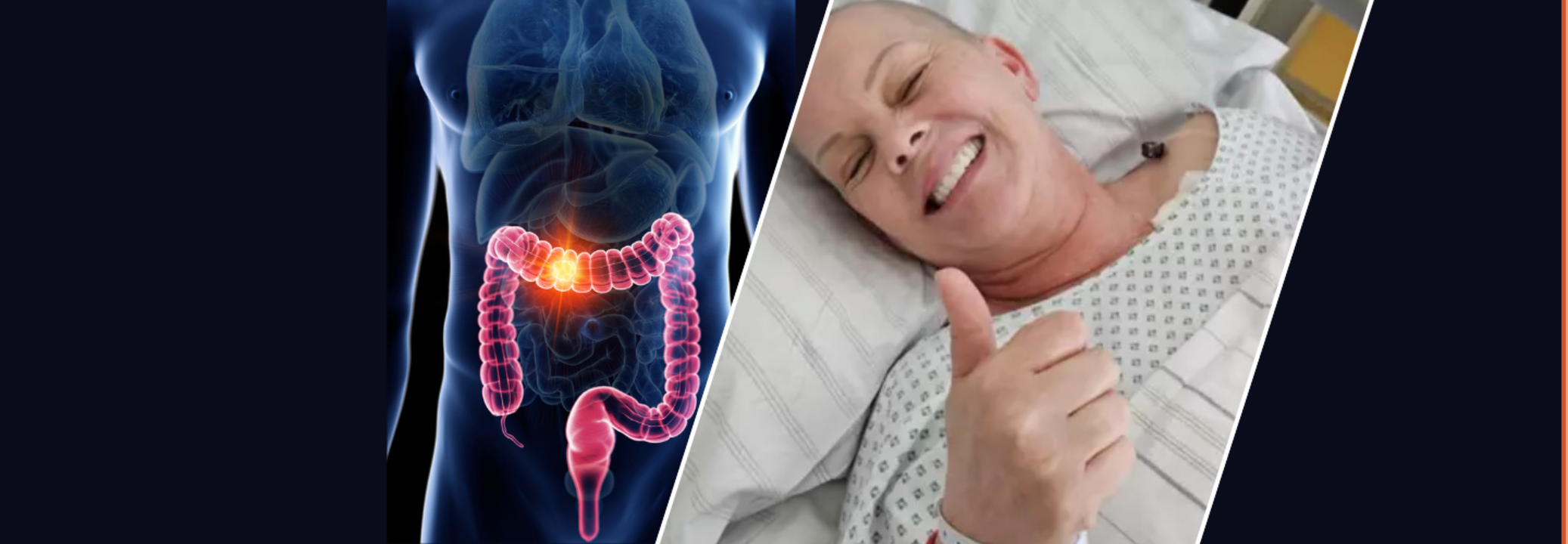‘Fit and Healthy’ Woman Diagnosed With Terminal Colon Cancer- Her Symptoms Had Nothing To Do With The Gut

SummaryDespite having no typical digestive symptoms, Karen Kennerley’s only early sign of stage 4 colon cancer was fatigue, which she initially attributed to work stress before her shocking diagnosis.
End of Article
